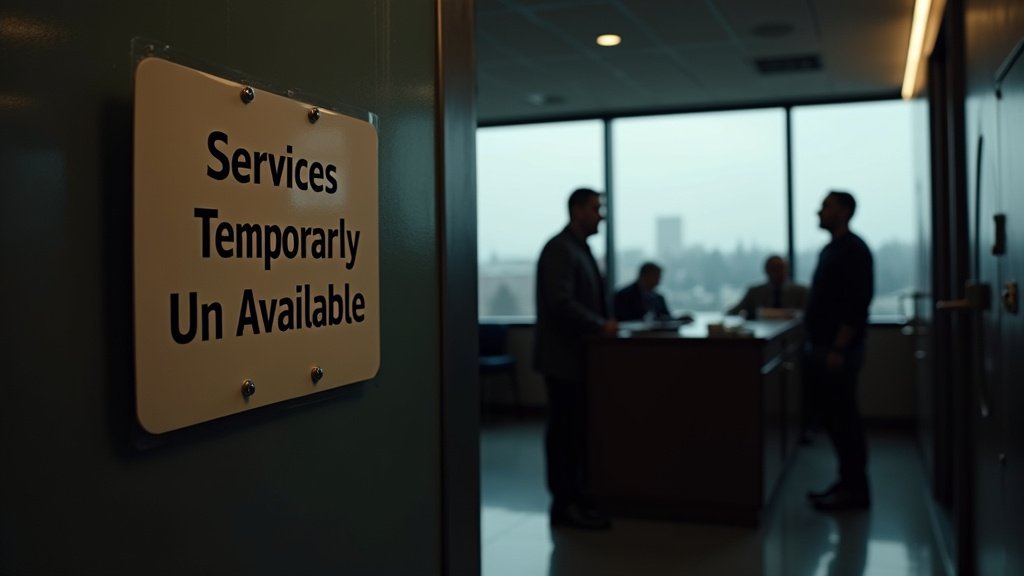The Portland metropolitan area is facing a scorching heat wave, prompting a shift in how local authorities are responding to the elevated temperatures. Multnomah, Clackamas, and Washington counties are directing residents to local libraries and pools as cooling centers, foregoing the establishment of dedicated cooling areas. This approach marks a change in strategy as the region grapples with the impacts of the extreme heat.
Cooling Centers and Community Response
With temperatures expected to soar, the decision to utilize existing community spaces like libraries and swimming pools aims to provide accessible and convenient relief for residents. The goal is to offer havens from the heat for vulnerable populations, including the elderly, those with pre-existing health conditions, and individuals experiencing homelessness. Libraries, in particular, offer not only air-conditioned environments but also access to resources like water and information, crucial during periods of intense heat.
This shift in strategy comes as the Portland area continues to adapt to increasingly frequent and severe heat waves. In 2021, the region was struck by a devastating heat dome that resulted in numerous fatalities. The community is still grappling with the loss of life and the broader impact of climate change. The memories of that deadly heatwave weigh heavily on the current situation, with local officials mindful of the need to act swiftly and decisively to protect public health. The article would be incomplete without referencing the names of those lost during the 2021 heat wave, and their memories are the driving force behind the county’s actions.
Multnomah County Faces Multiple Challenges
Beyond the immediate concerns of the heat wave, Multnomah County is navigating a series of complex issues that demand attention. One prominent matter is the county’s $52 billion lawsuit against Big Oil. However, legal proceedings may face delays due to a Trump administration executive order, a factor that could have significant implications for the case’s trajectory and outcome.
Simultaneously, the Multnomah County District Attorney’s Office has been active on other fronts. Recently, the office released a video, offering further insights into ongoing investigations. Additionally, District Attorney Nathan Vasquez made a decision regarding a fatal shooting involving a Multnomah County deputy in Gresham. These actions reflect the office’s commitment to public safety and legal accountability amid increased scrutiny.
Sustainability, Education, and Budgetary Concerns
The Multnomah County Office of Sustainability has been given a reprieve as it has successfully avoided deep budget cuts after concerns were raised. This development underscores the importance of environmental initiatives in the county’s priorities. The efforts to secure funding for sustainability programs highlights the ongoing dedication to addressing climate change and promote a greener future.
Further complicating matters is the situation surrounding the Preschool for All program. Governor Kotek has expressed concerns about the initiative, which has prompted a call for Multnomah County leaders to address the issues by the next tax year. The governor’s interest highlights the broader regional and statewide attention this program has attracted and the need for collaborative solutions. Addressing the program’s challenges by the next tax year requires careful planning, open dialogue, and a commitment to ensuring its long-term viability, guaranteeing a positive educational foundation for the region’s youngest citizens.
Local Authorities Respond to the Heat
In light of the looming heat wave and the previously discussed events, local authorities are working to protect their citizens from the dangers of extreme temperatures. The strategic decision to rely on established community centers like libraries and pools signals a proactive approach. The implementation of this plan underscores the necessity of providing safe spaces and readily accessible resources. While the long-term solution to climate change remains a work in progress, the immediate response aims to minimize the impact of this heat wave on vulnerable populations. Through efficient planning, coordinated communication, and community support, local officials hope to safeguard the health and well-being of all residents.




